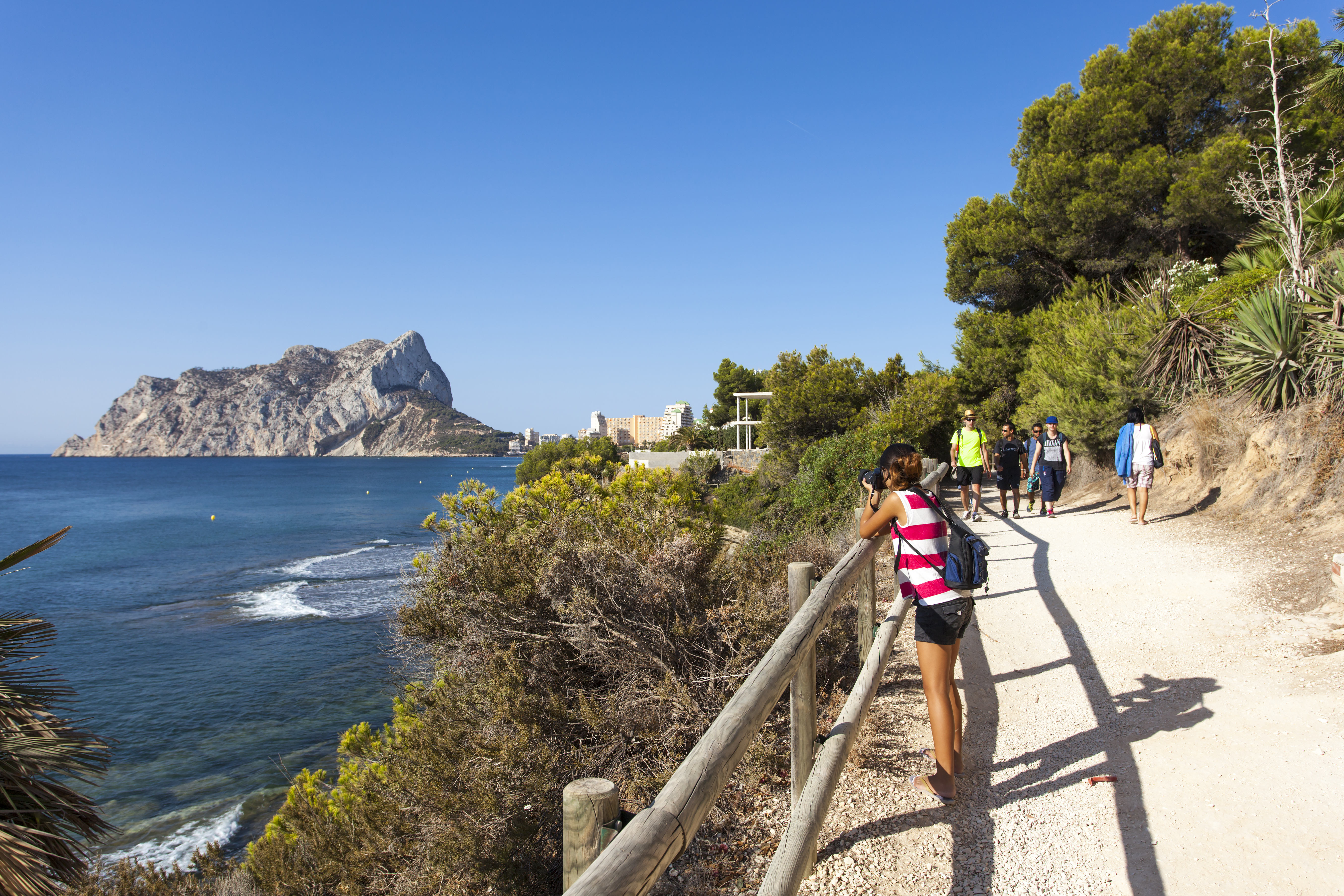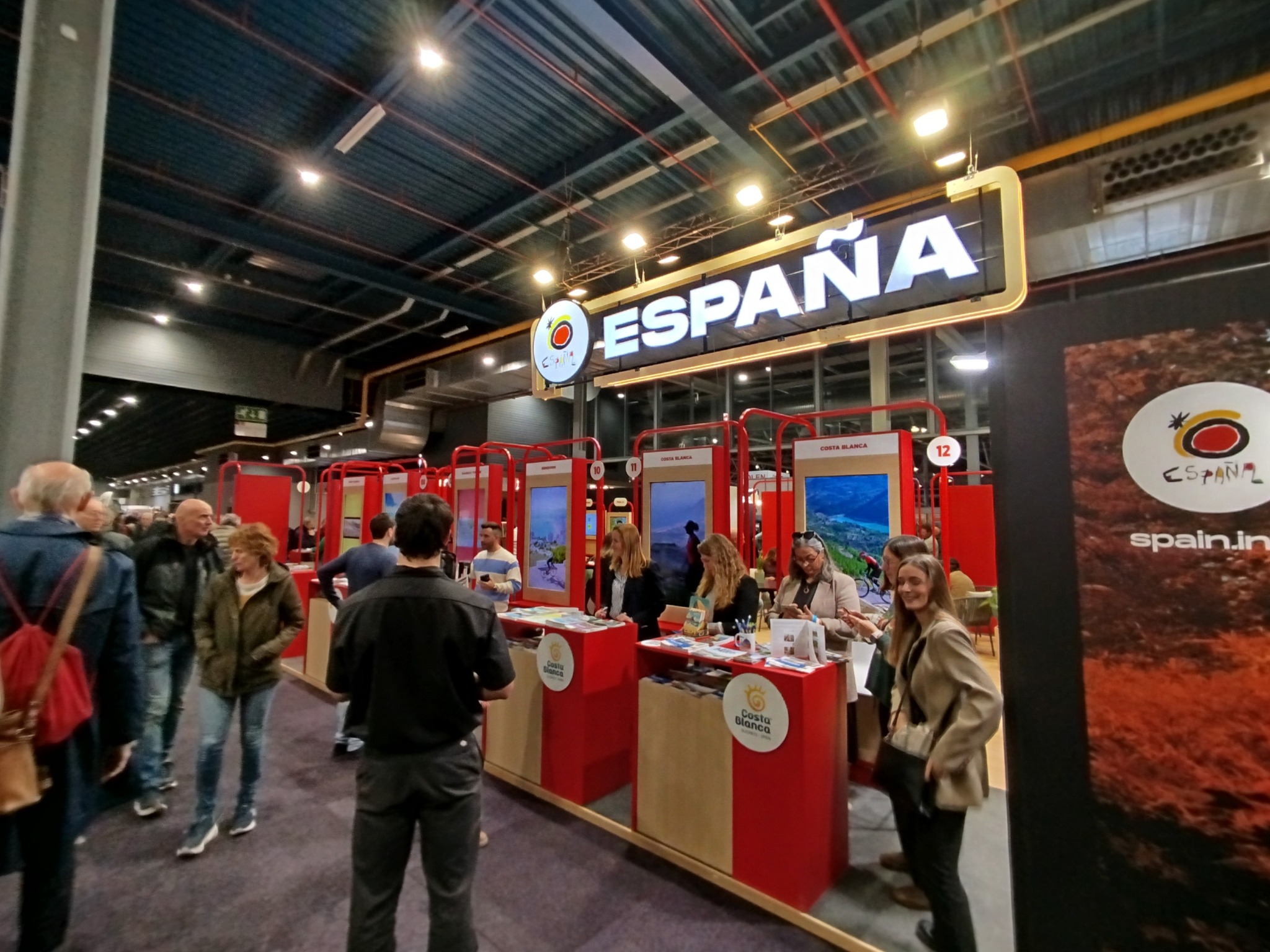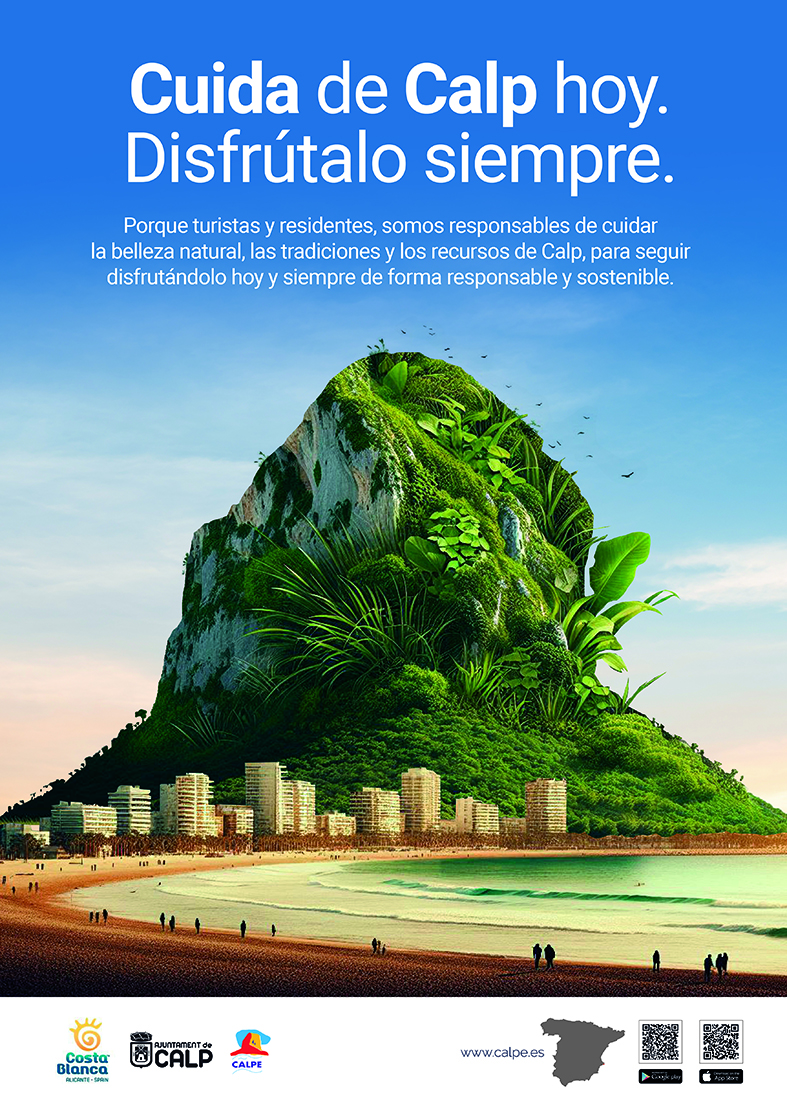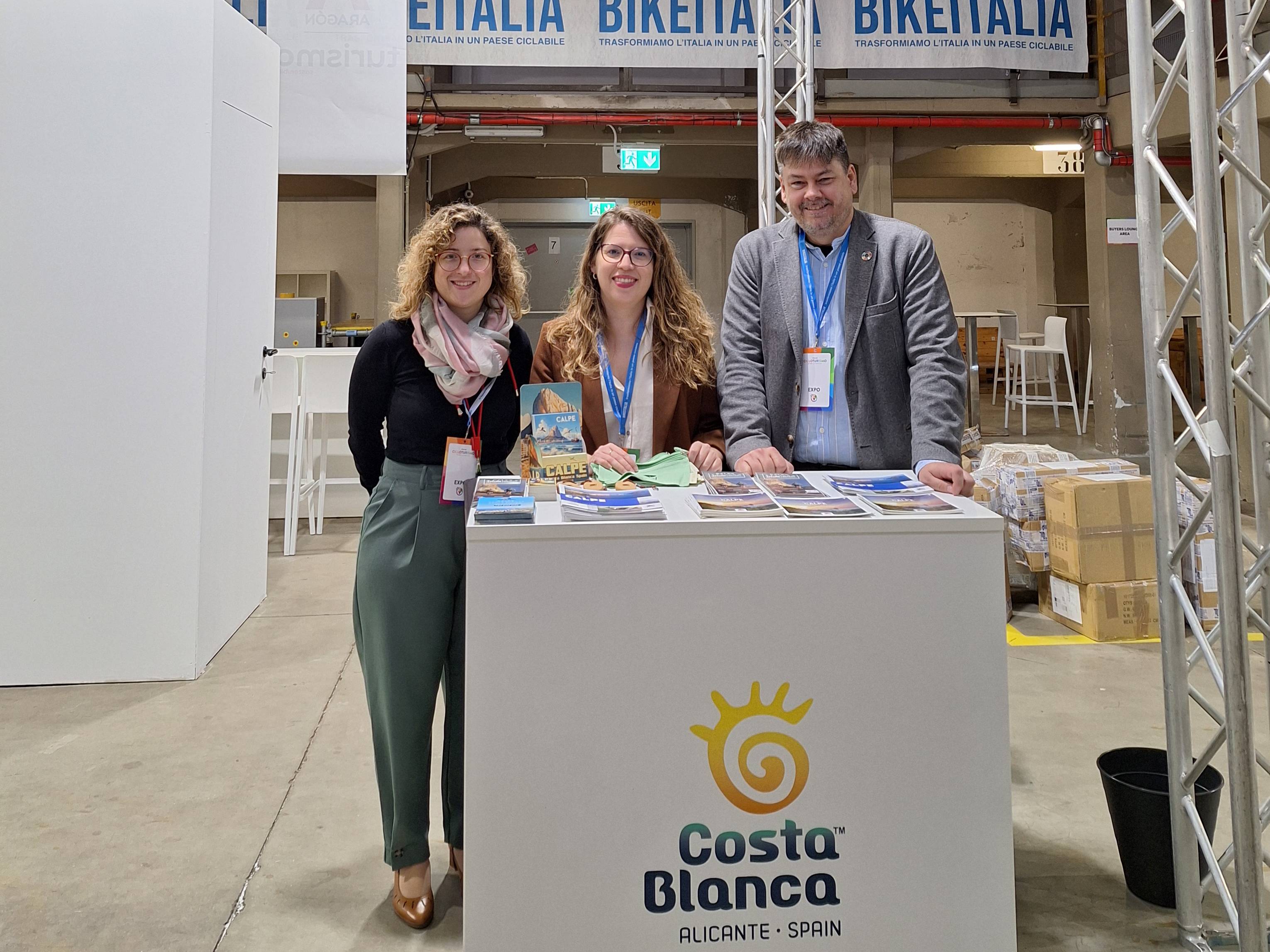On Wednesday 22 January, a new edition of Fitur, the reference event for the tourism sector, begins in Madrid. This year the Calpe Town Council comes with a clear objective: to consolidate the process of seasonal adjustment by promoting tourism beyond the traditional sun and beach.
For this year's edition, the City Council's Tourism Department has prepared a presentation that will be held on Thursday 23rd January at the Costa Blanca stand. The aim of the presentation is to publicise the four areas that we intend to focus on in this process of seasonal adjustment, such as nature, sport, gastronomy and culture.
One of the main problems that has been identified is that tourism has been concentrated in a few summer months, so the City Council has begun work on a diversification and de-seasonalisation plan that will be developed between 2015 and 2019 and will start to bear fruit.
In this way, and with the data on hotel, apartment and campsite occupancy collected during 2019, we can say that Calpe is already beginning to become a year-round tourist destination.
As far as hotels are concerned, the data managed by the Town Council, which are in line with the data published by the Hosbec Hoteliers Association, show that the average monthly hotel occupancy rate has increased from 58% in 2014 to 74% in 2019, due to the increase in occupancy during the low season.
This trend is also confirmed in terms of occupancy in apartments and campsites, although in the case of the latter the increase is less pronounced as the months between November and February are considered high season.
These data confirm the work of the Town Council, to which the good international tourism situation has contributed, as well as the significant efforts made by Calpe's economic sector, which has made considerable efforts to modernise its tourist offer.
The Tourism Department is currently immersed in the process of drawing up the Strategic Tourism Plan 2020-2030, with which it will have to face the important challenges of the tourism sector in the coming years.
The impact of the Brexit, the symptoms of the economic slowdown in Germany, the disruptive changes that new technologies and new models of marketing the offer are bringing to the tourism sector are some of these challenges.
The commitment to artificial intelligence in the process of transforming Calpe into an intelligent tourist destination is another key on which this model, which is included in the EDUSI strategy "Revitalization of Calpe" co-financed by the European Union ERDF, is based.
The Mayor of Calpe, Ana Sala, has stated that "Calpe is coming to Fitur to show that we have a lot to offer in Calpe, besides sun and beach. A privileged natural environment, an ideal enclave for the practice of sports activities, a gastronomic reference and a cultural wealth that we have are some of the elements that we must enhance".
"We come to the Fitur Fair to show the best that we have in Calpe, and we do this with the aim of being the first choice for those who have to choose where to spend a weekend or their holidays. Calpe is without doubt, and for many reasons, the best option for coming all year round," Sala added..







